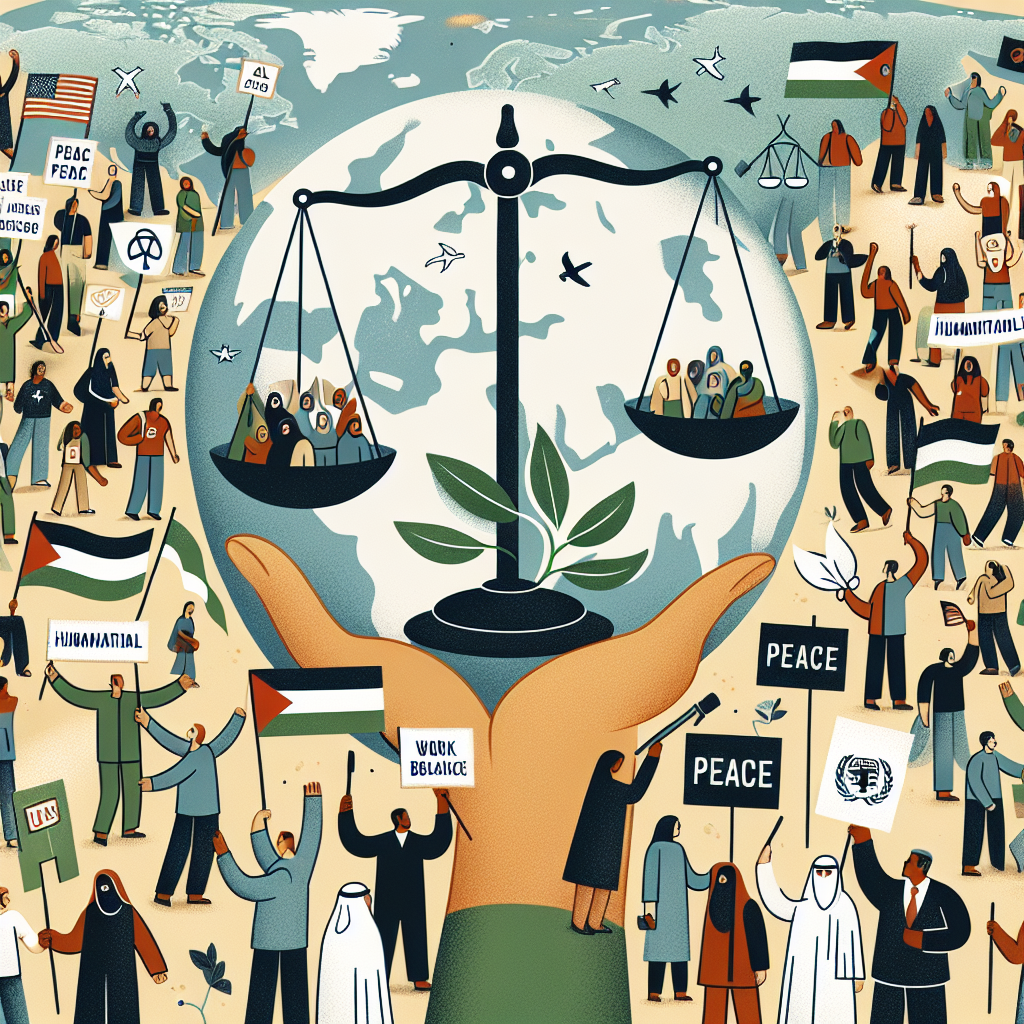USAID and the Role of the Pacification Industry in Palestine
USAID and the Role of the Pacification Industry in Palestine
Introduction to USAID’s Involvement
The United States Agency for International Development (USAID) has been a significant player in the socio-economic landscape of Palestine. Its initiatives are aimed at fostering development and stability in the region. However, the role of USAID is often scrutinized in the context of the broader pacification industry, which seeks to manage and mitigate conflict through various means.
The Pacification Industry Explained
The pacification industry refers to a network of organizations and strategies designed to control and reduce conflict in volatile regions. In Palestine, this industry encompasses a range of activities, from economic aid to security training, all aimed at maintaining a semblance of peace and order.
Key Components of USAID’s Strategy
- Economic Development: USAID invests in infrastructure, education, and healthcare to improve living conditions and reduce tensions.
- Governance and Democracy: Efforts are made to strengthen local governance structures and promote democratic practices.
- Security Cooperation: Training and resources are provided to enhance local security forces’ capabilities.
Critiques and Challenges
Despite its intentions, USAID’s involvement in Palestine is not without criticism. Some argue that its efforts contribute to a status quo that prioritizes stability over genuine peace and justice. Critics highlight the following concerns:
- Dependency: Long-term reliance on foreign aid can undermine local autonomy and self-sufficiency.
- Political Neutrality: USAID’s operations are often perceived as aligned with U.S. political interests, which can complicate its role as a neutral actor.
- Impact on Peace: The focus on pacification may overshadow efforts to address the root causes of conflict, such as occupation and inequality.
Conclusion
USAID plays a pivotal role in the pacification industry in Palestine, aiming to foster development and stability. While its efforts have led to improvements in infrastructure and governance, the approach faces criticism for potentially perpetuating dependency and failing to address deeper issues. The challenge remains to balance immediate stability with long-term peace and justice.














